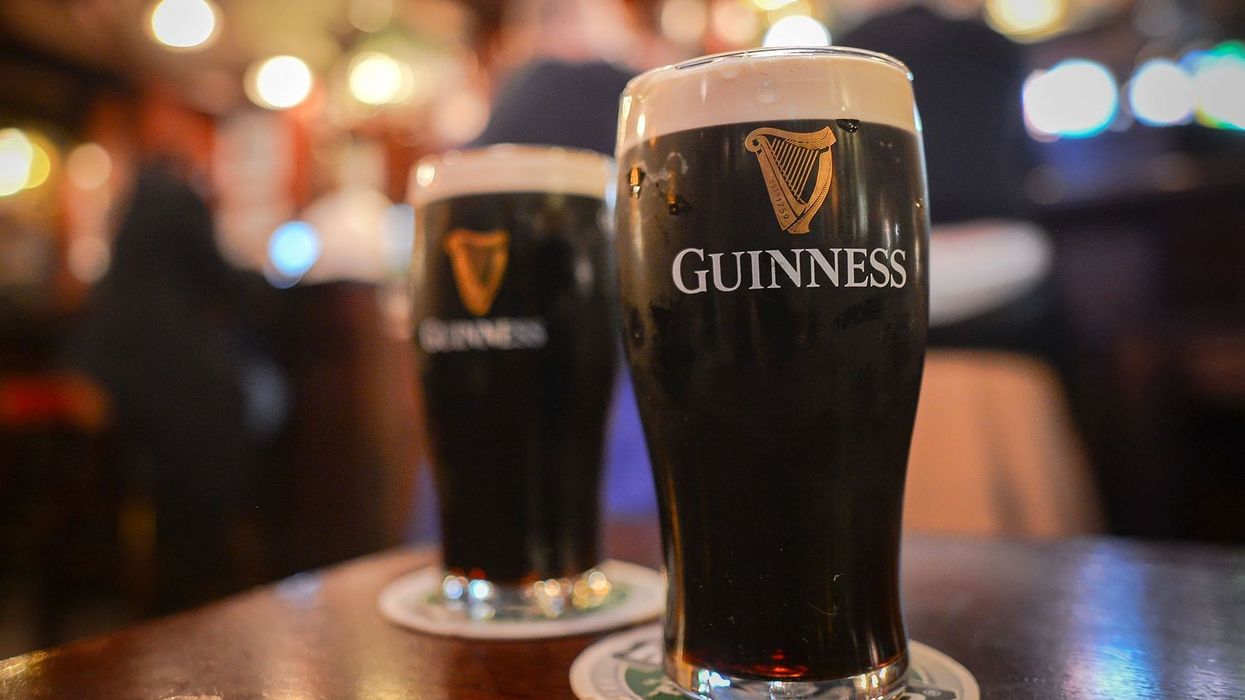Guinness, the beer, is making records at one of the popular pubs in London – Sheephaven Bay, which is nestled just behind Camden High Street. Guinness is a standout favourite here, accounting for more than half of all draft beer sales. In an interview, pub owner Pat Logue said that his Guinness sales have doubled now compared to two years ago. So, what could be driving the sudden increase in sales?
For the uninitiated, Guinness, the Irish stout, is known for its deep brown hue, velvety foam, and signature 119.5-second pour per pint. Traditionally, it is a drink of choice for rugby players and pub-going men. However, over the past two years, Guinness sales have skyrocketed with a remarkable surge in popularity among women and younger consumers.
Social media influencers and marketing campaigns have played a crucial role in dispelling the notion that Guinness is only for older men. Logue particularly spoke about the influencers on TikTok for making Guinness trendy through video reviews, in which they compare and rank the best beers in and around London.
While the fad is driving a commendable increase in Guinness sales, it could be the same factor causing a shortage in the beer across UK. The story of Guinness’ origin spans over two centuries. The brand was established in 1759 by Arthur Guinness, weathered by wars, changing consumer trends, and economic downturns.
By 1868, around 350,000 barrels had been sold, and by 1876, this number had increased to 779,000. In 1886, the brand went public, providing the capital necessary for expanding its operation and distribution. Today, Guinness is a global powerhouse, with its stouts and ales distributed across 150 countries.




